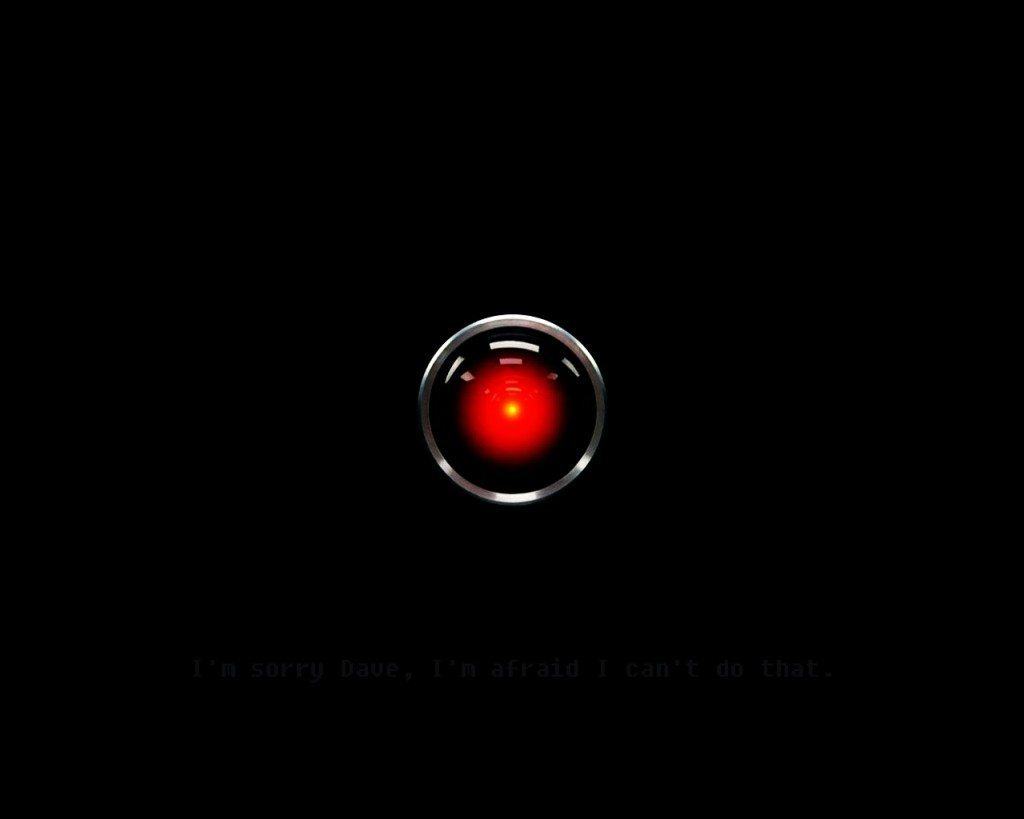Philips Hue light bulbs in CNET’s smart apartment are connected to city data through IFTTT, so the lights will change color depending on the air quality in Louisville.
Tyler Lizenby/CNET
If you live in Louisville, Kentucky, and your Philips Hue smart light bulbs turn red, you might want to stay inside. That’s because the city has launched a channel on the free internet service IFTTT that lets you connect your smart gadgets and platforms to data about the city’s air quality, city officials and IFTTT announced today. Louisville is the first city to launch its own channel on the platform.
Louisville (the home of CNET Appliances, the CNET Smart Home and the CNET Smart Apartment) is one of many cities around the world that wants to be a “smart city.” In Louisville, that means partnerships between local government and civic hackers connect citizens to the data the city collects through devices and platforms that are a part of the internet of things — normal household items like light bulbs and thermostats that connect to the internet and each other.
One of the challenges cities like Louisville face is making sure this info gets to everyone, even if you can’t afford to outfit your home with smart speakers, connected light switches and other smart home gadgets. Louisville’s IFTTT channel takes a big step toward making smart city tech widely available — IFTTT is a free service, and you don’t have to own a smart home device to use some of the recipes.
IFTTT lets you build “If this, then that”-style automations called “recipes” between different devices, social networks and services. With Louisville’s IFTTT channel, you can opt to retrieve air quality data and have your smart devices respond to that information. For example, you can enable a recipe that will change the color of your Philips Hue or LIFX smart light bulbs depending on the air quality in Louisville that day. The channel also includes recipes that will send the air quality information to you through text messages.
“That’s how Louisville will become more connected to the average citizen,” said Michael Schnuerle, the data officer for the city.







